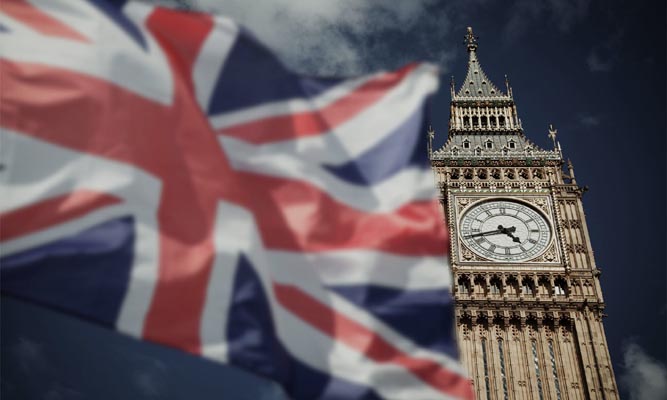
A UK ancestry visa is available for anyone who has at least one grandparent who was born in the UK, on one of the Channel Islands, on the Isle of Man or in the Republic of Ireland (before 31 March 1922).
Applying for an ancestry visa
In order to apply for an ancestry visa, you have to be able to prove that you are eligible by giving evidence to the Home Office which shows that one of your grandparents was in fact born in the UK, Channel Islands, Isle of Man or Republic of Ireland until it became the Irish Free State in 1922.
Sometimes this can be difficult for people to prove, because a copy of a relative’s birth certificate isn’t necessarily something everyone will have access to. That’s why it is important to make sure you will be able to find or get help finding the relevant documents before instructing immigration solicitors to apply for an ancestry visa for you.
As well as the birth certificate, you will also need to submit your passport picture, a valid travel document or current passport, previous passports, evidence of funds and evidence to support any other information you have given on your application.
If you are applying for an ancestry visa from a country where you are not a national, you will also need to send the Home Office proof that you are allowed to be in that country. This proof might be in the form of a current visa or residence permit.
How long you can stay
If your UK ancestry visa application is accepted, you will be given an initial five-year permit to live and work in the UK. After that, if you want to carry on living and working in the UK you can apply for a residence permit. There is a separate set of requirements that you will have to meet in order to be granted this.
Requirements of a UK ancestry visa
In addition to the grandparent rule, you will have to be able to prove that you:
- Are over 17
- Have enough money to support yourself and any dependants whilst you live in the UK
- Are allowed to work in the UK, and intend to do so
What you can do with an ancestry visa
Once you are granted your ancestry visa, you will be able to work and/or study in the UK, as well as bring family members with you (as long as you have declared them on your initial application).
However, you will not be able to access any public funds for the entire time you are in the UK. You also cannot switch to an ancestry visa if you already in the UK on another visa category.
Ancestry visas are great ways to move to the UK for those who have generations before them originally from here. It is always good to get assistance from professionals.

